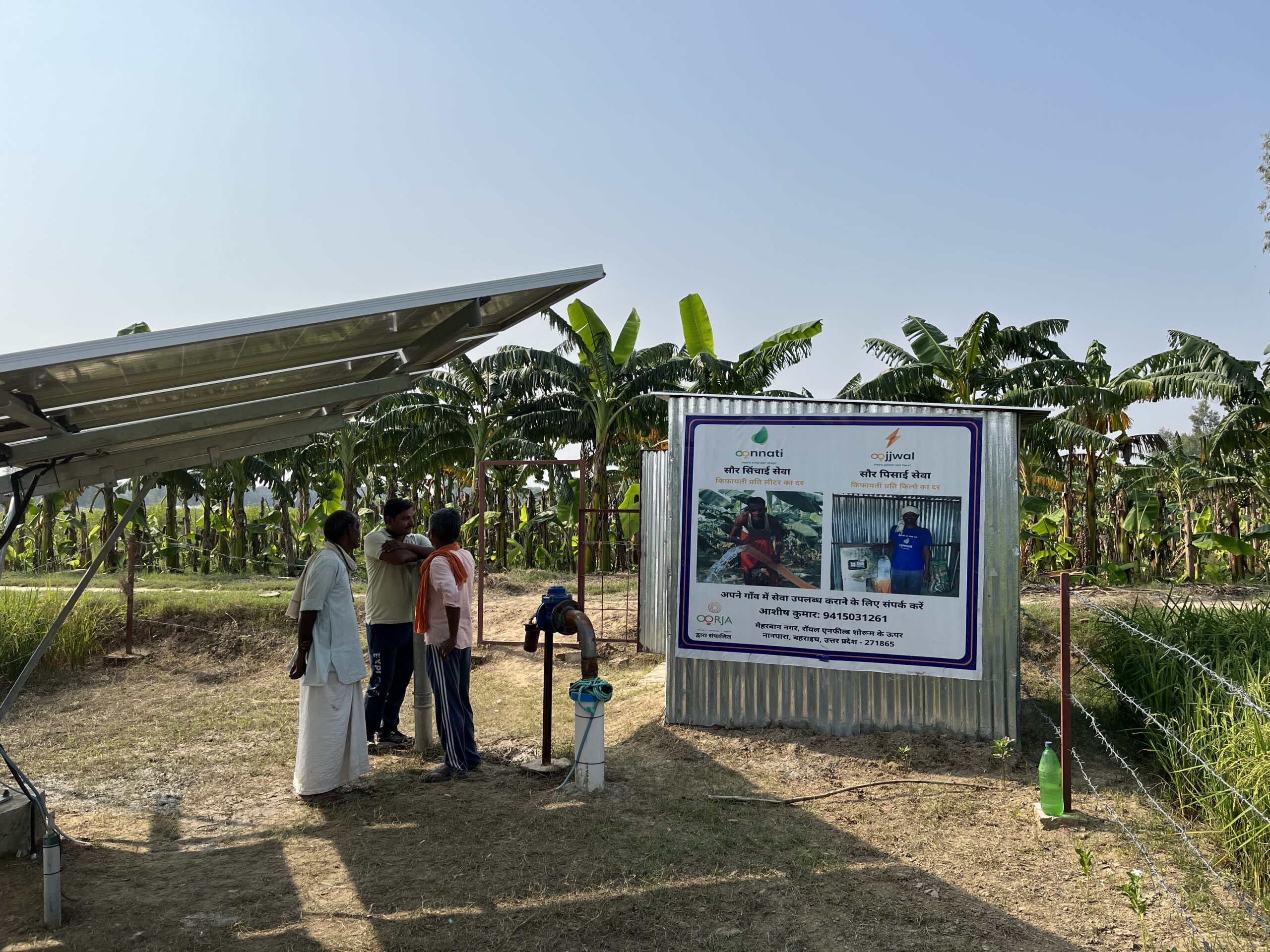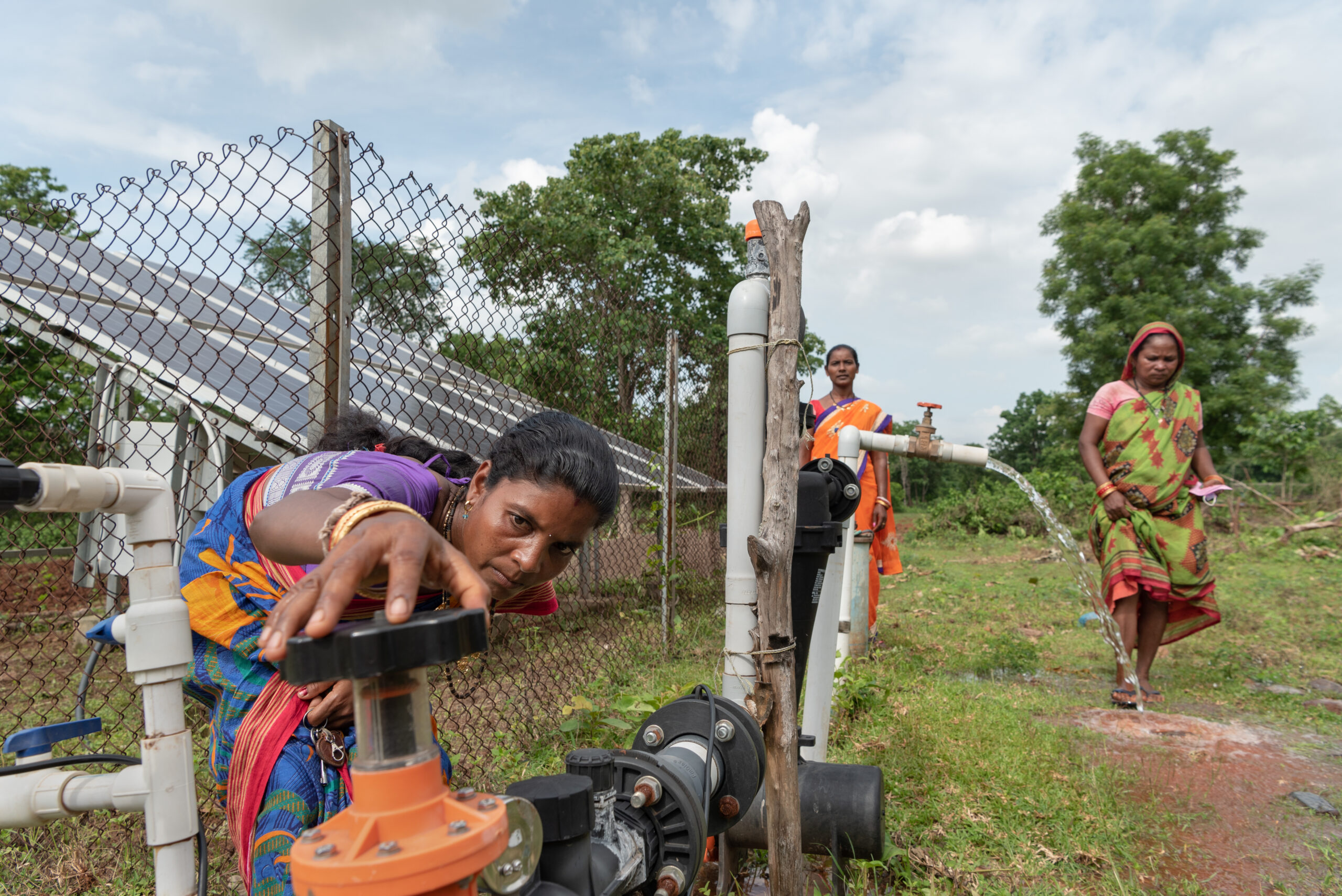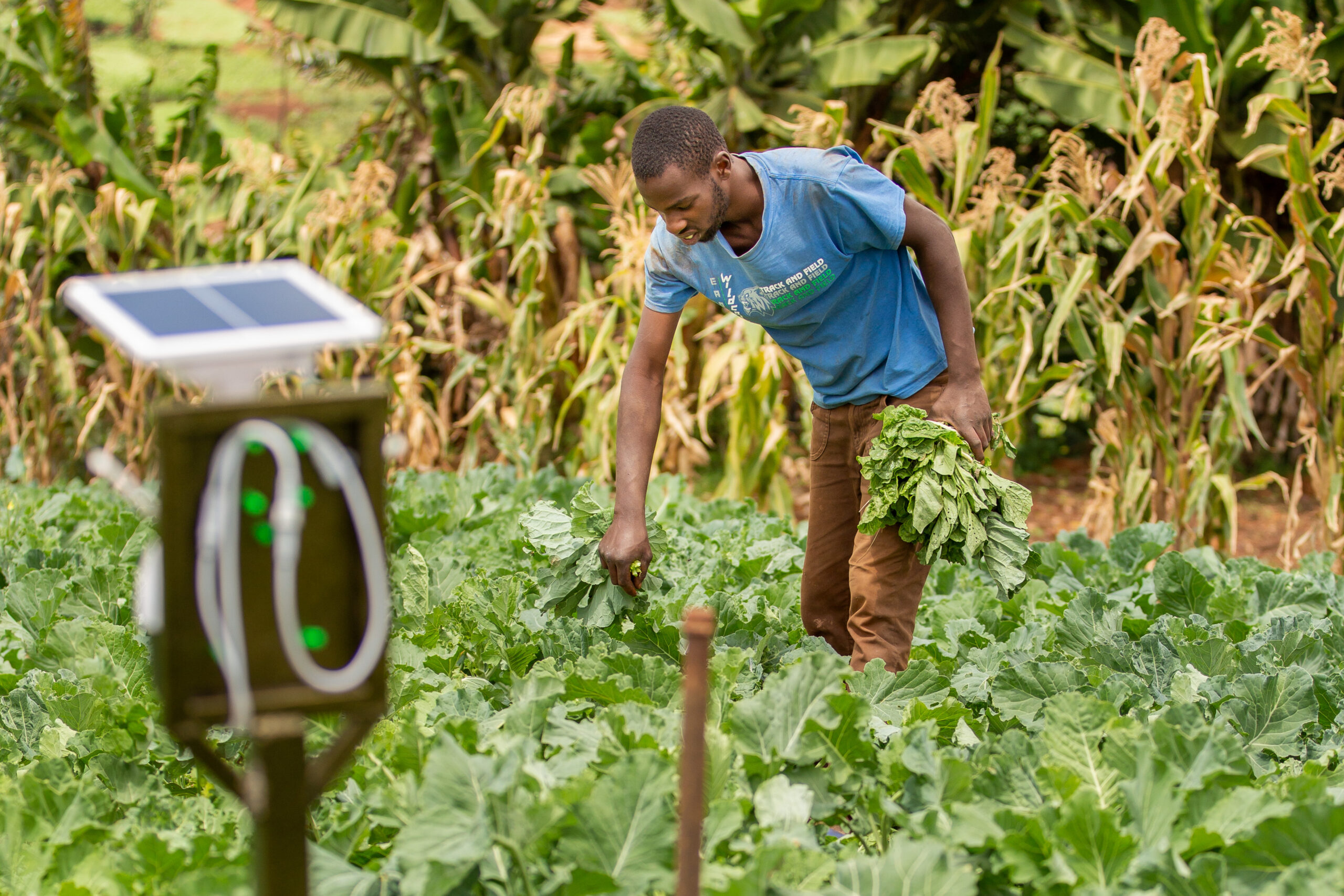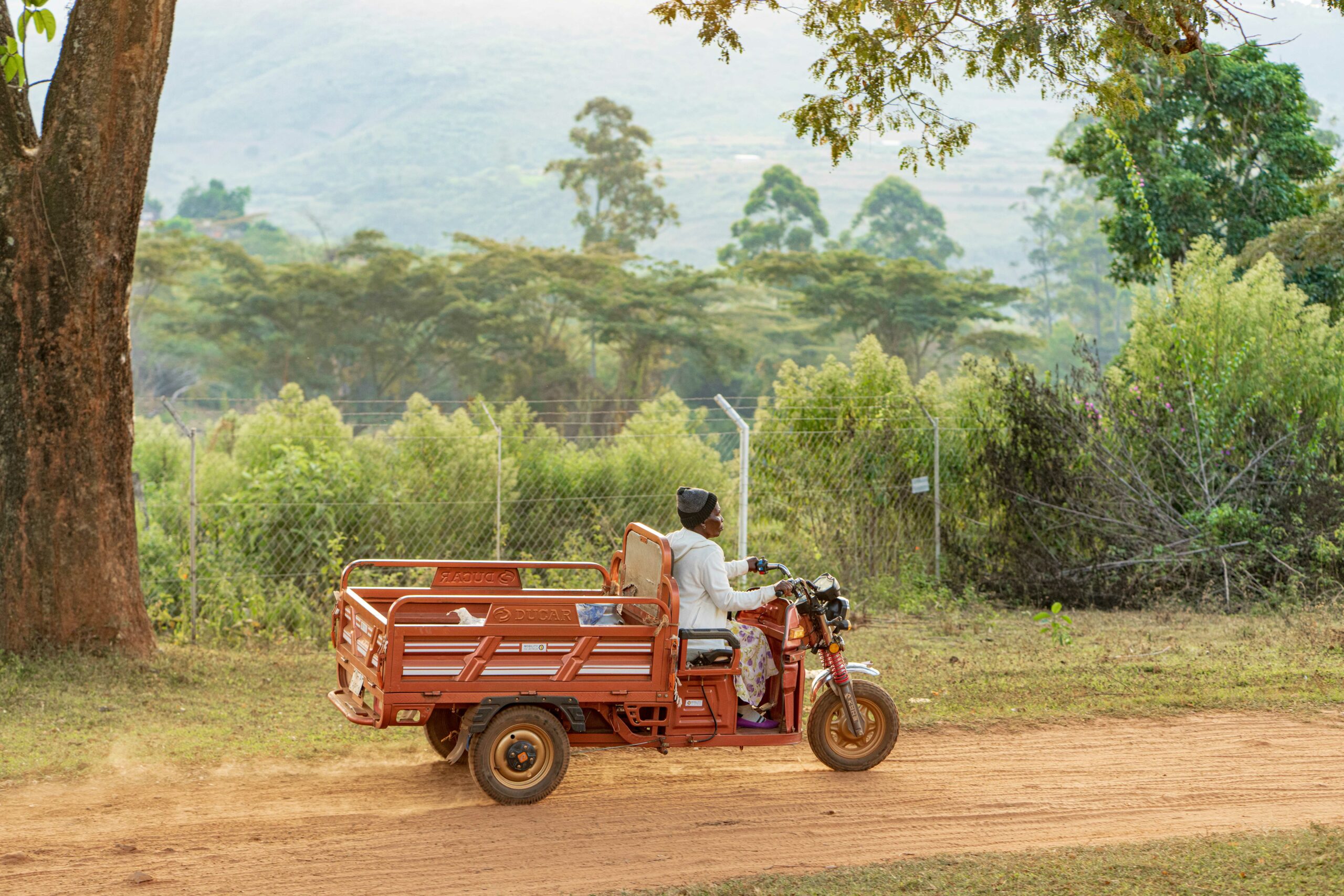More efficient farming boosts incomes and health in some of the world’s most marginalised communities. Clean energy has a crucial role to play – whether powering water pumps, cold storage and threshing machines, or helping farmers transport what they grow. But too many small-scale farmers in the Global South miss out on the benefits of modern clean energy technologies.
Four organisations shortlisted for the Ashden Award for Powering Agriculture – supported by the UK Department for Energy Security and Net Zero – are pioneering affordable solutions where they are needed most.
The need to power up agriculture grows every year. The United Nations Food and Agriculture Organization estimates that by 2040, food production will need to increase by 70% to satisfy the growing global population. On top of this, climate-linked dangers – such as droughts, floods and landslides – are a growing threat to small-scale farmers.
Efficient technologies are needed, but so too are the training and finance products to make sure they are adopted in rural villages. The hallmarks of our shortlist include support for co-operatives and collaboration, and action to address gender inequality.
Oorja Development Solutions

In the Indian states of Uttar Pradesh and Bihar, social enterprise Oorja Development Solutions is pioneering an inclusive pay-per-use model that brings solar-powered farming services to one-acre farmers.
The company finances, installs, operates and maintains the equipment, which include solar irrigation, milling and cooling services, acquiring 10-year land lease agreements to install in locations central to the farmers they serve.
Users pay based on the volume of water used, quantity of grain processed or produce stored at tariffs 20-50% cheaper than diesel equivalent. Oorja recruits people from local communities into permanent full-time jobs running the service hubs, collecting payments and book-keeping.
Collectives for Integrated Livelihoods Initiatives (CInI)

Collectives for Integrated Livelihood Initiatives (CInI) is a non-profit, supporting women to raise their incomes – and become leaders in their communities. Its Lakhpati Kisan programme, in the Central Indian Tribal Belt, helps farmers use clean energy technology to boost production of vegetable crops such as tomato, chilli, eggplant and other staple crops.
Helping women form farmer producer groups is at the heart of the programme. These groups allow women to receive training in new techniques and practices and sell their produce collectively for a larger profit. Membership also brings access to affordable finance for technologies such as solar water pumps and biogas digesters, and the chance to buy seeds collectively for a lower price. The average yearly household income for those taking part has increased by about 250%.
Farmer Lifeline Technologies

Farmer Lifeline Technologies has developed a patented device that warns farmers in Kenya of pests and diseases, and gives them information to respond effectively.
The device relies on a solar-powered camera that continuously scans crops on the farm and leverages AI, data analytics and machine learning to detect crop diseases and pests in real time, and alert farmers to their presence. Messages sent by the system also includes recommendations of low carbon chemicals and fertilisers that farmers can use in response.
Mobility for Africa

Mobility for Africa’s Hambas – custom-built electric tricycles, designed to meet the needs of women – are empowering farmers in Zimbabwe to boost their incomes and save valuable time.
The social enterprise supports shared ownership models that put the tricycles in the hands of more customers. Dairy farmers and others use them to transport produce to market, cutting waste and allowing them to secure a higher price with fresher produce.
Mobility for Africa estimates that fewer than 40% of rural Africans live within 2km of an all-season road; poor terrain means that urban transport solutions are not fit for rural settings. Crucially, the e-tricycles can carry heavier loads, unlike bicycles or motorbikes that are unsuitable for rural off-road needs.
